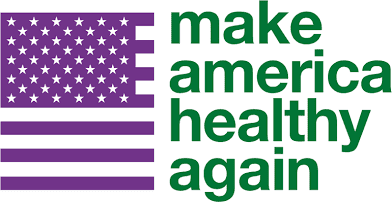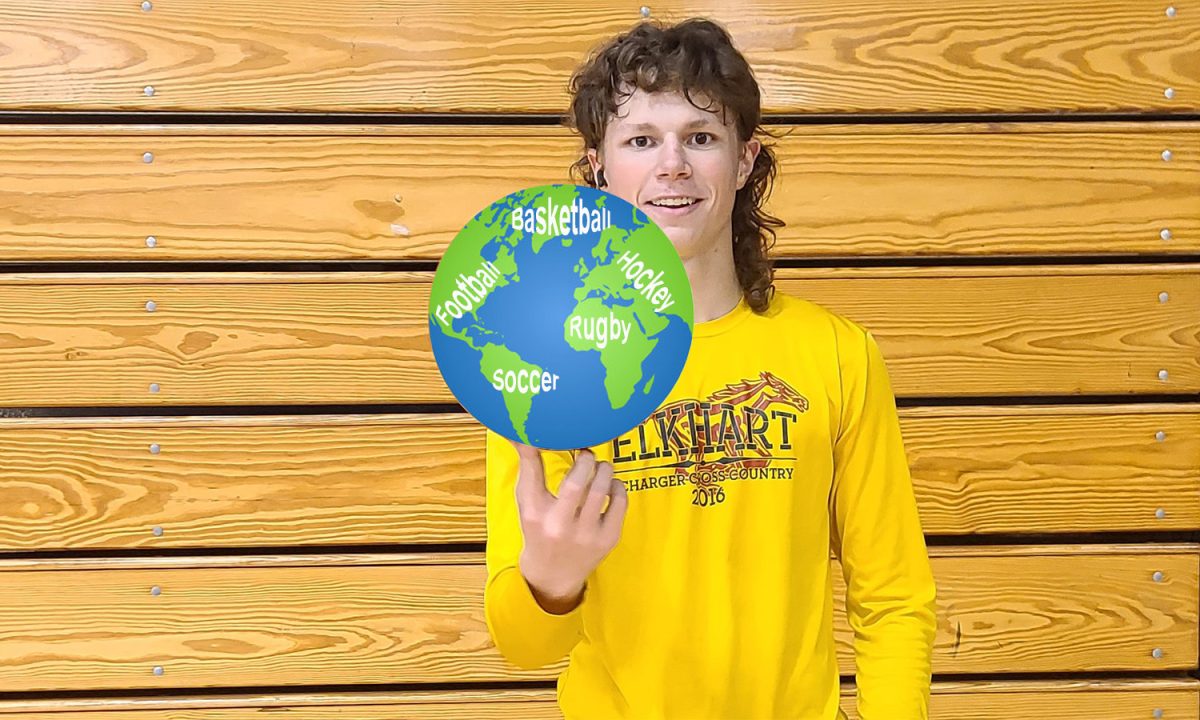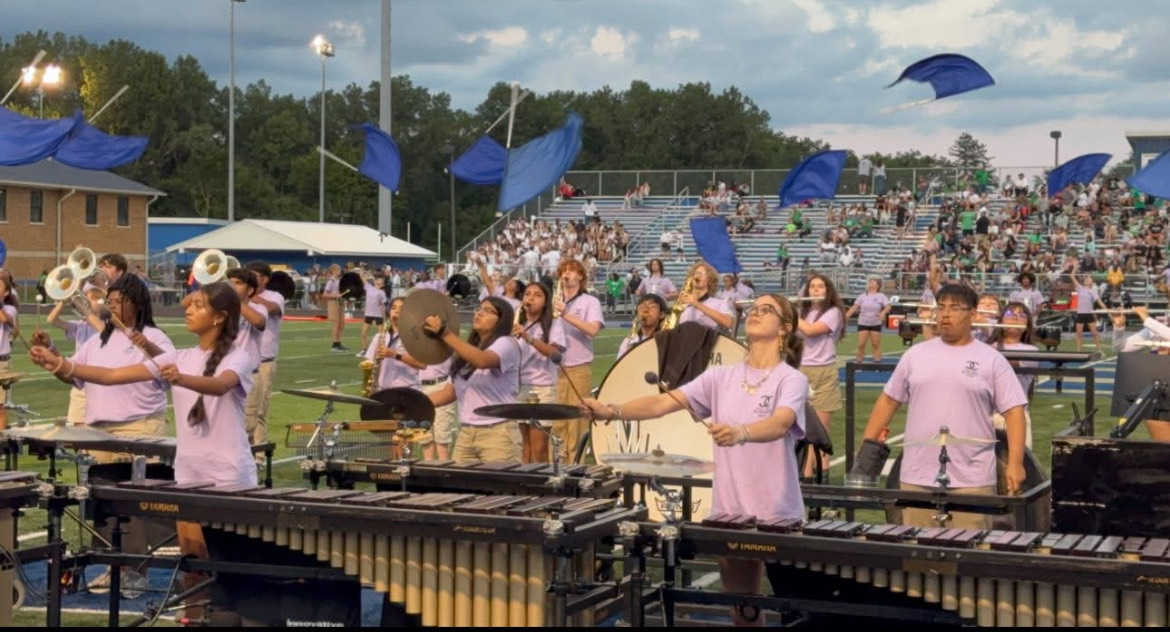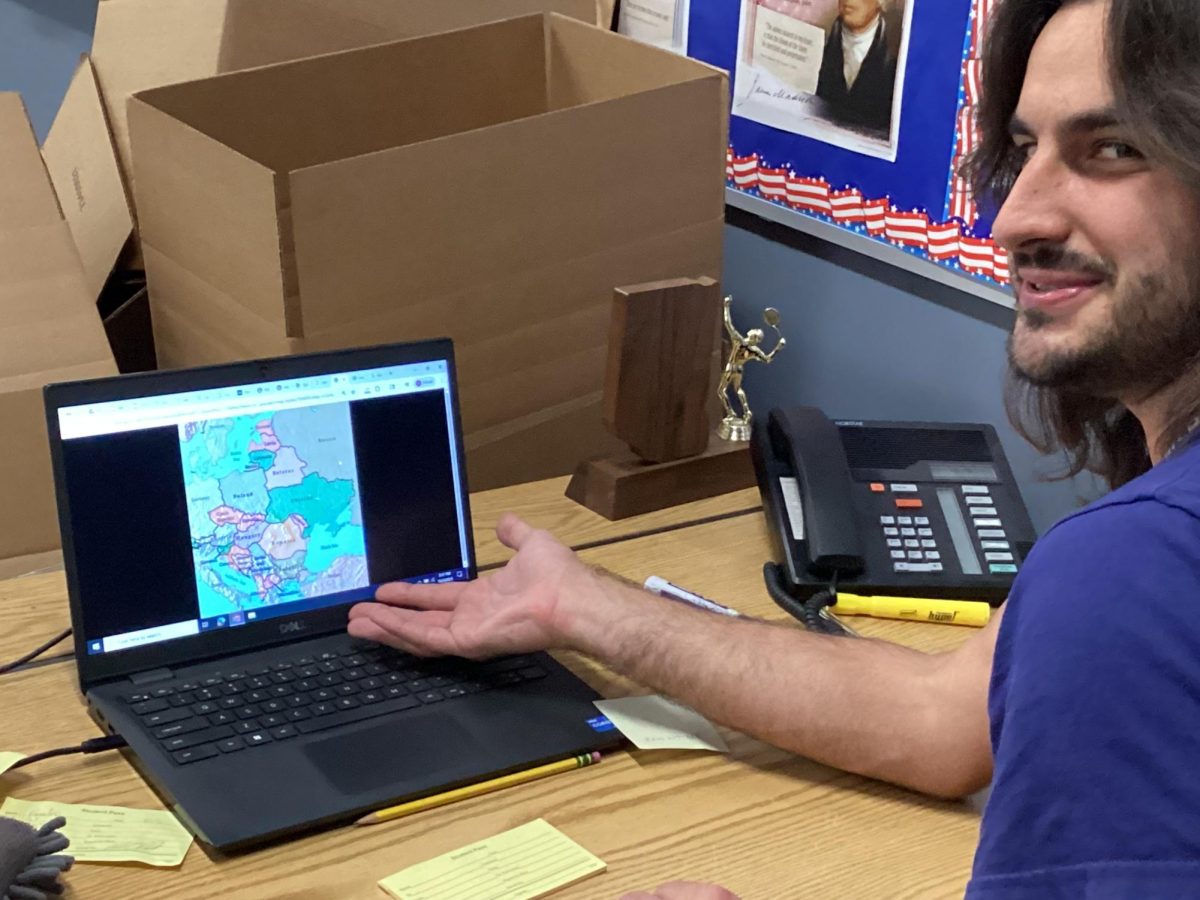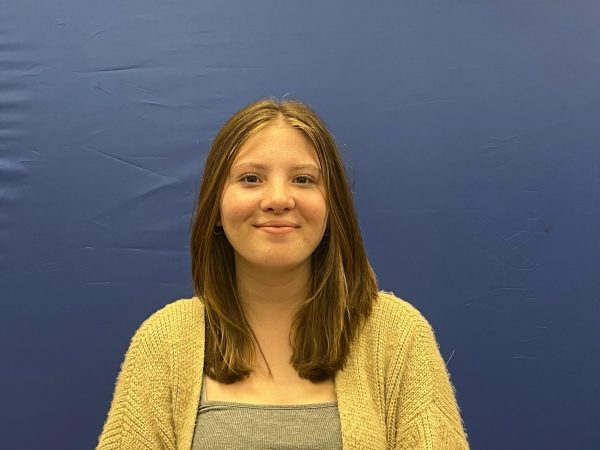The McKinney Climate Fellows program at Indiana University Bloomington grants students the opportunity to hone their knowledge in sustainability, urban planning, and social advocacy to create real-world impact all over Indiana.
The McKinney program is run in conjunction with IU’s Environmental Resilience Institute and the Integrated Program for the Environment. Both undergraduate students and graduate students can come together during the summer to gain professional experience in climate action by being paired with various green organizations throughout Indiana.
According to the Environmental Resilience Institute, the main goals of the program are to: “Develop a statewide network of sustainability professionals in the corporate, nonprofit, government, and higher education sectors, prepare students for sustainability careers with advice from industry professionals, and contribute to climate and resilience projects through professional development opportunities and trainings.”
Cooper Sykes and Ana Lim are both wonderful students who took part in the program hoping to further sustainability in the state of Indiana.
Both students were profoundly impacted during their time as McKinney Fellows as the program helped them grow not only as environmentalists and professionals– but as people.
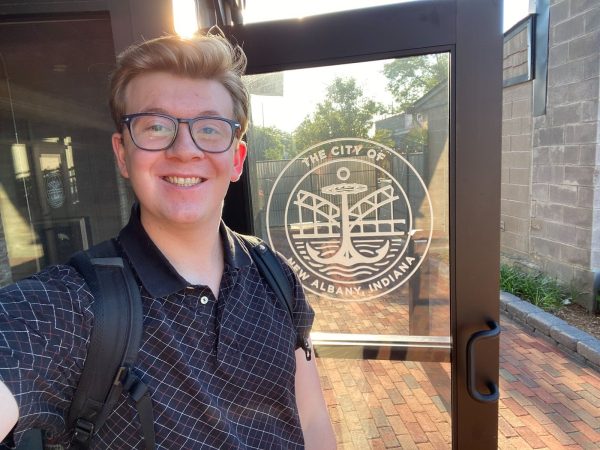 Cooper Sykes is a recent 2024 IU Bloomington graduate, earning both an Environmental and Sustainability Studies degree and a Geography degree. During his undergraduate years, Sykes was a Wells Scholar in the Herman B. Wells Scholarship program, a Sustainability Scholar with SustainIU, and an intern at the European Environmental Bureau.
Cooper Sykes is a recent 2024 IU Bloomington graduate, earning both an Environmental and Sustainability Studies degree and a Geography degree. During his undergraduate years, Sykes was a Wells Scholar in the Herman B. Wells Scholarship program, a Sustainability Scholar with SustainIU, and an intern at the European Environmental Bureau.
Sykes participated in the McKinney Climate Fellows program in the summer of 2023 when he worked with government officials in New Albany, IN. Sykes was determined to take part in the fellowship after witnessing the incredible work that other students had done through the program. He recalled, “I was inspired to apply myself and see firsthand what fantastic work the McKinney Climate Fellows Program was doing.”
By participating, Sykes was able to take the information he learned in his environmental and sustainability courses, and integrate it into formulating New Albany’s Climate Action Plan. Specifically, Sykes’ job was to “identify climate vulnerabilities” and “plan resilience strategies that would have tangible impacts on the lives of city residents.”
By taking the lessons he learned in the classroom and applying them to ACTUAL situations, Sykes was able to see the processes that go into creating an environmentally-conscious city in real time. In doing so, this allowed him to see more of the finer details that were vital to the Climate Action Plan’s success.
For instance, Sykes expounded on his experience: “The most valuable thing I learned during my time with the McKinney Climate Fellows program was that the little details of climate planning matter in a local context. For example, I am always certain to refer to New Albany as a city, not a town, as my mentor helped me learn that this distinction was important for both the government and the local people.”
While the program opened his eyes to the significance of small details, it also showed him the roadblocks that cities face when moving through a green transition. For example, Sykes found that the toughest part of creating a Climate Action Plan in New Albany “was navigating the boundaries between the government and the community as a whole. Our city government was wholly supportive of our work, as was the community, but finding space for collaboration was a difficulty for us.”
Nevertheless, Sykes, city officials, and other members of the climate action planning team got together to solve this problem. By hosting multiple workshops, they were able to take community input, as well as professional input, to pinpoint the most pressing environmental issues in the area and determine the most efficient ways to implement solutions.
Sykes revealed that both the “Vulnerabilities Workshop” and the “Resilience Strategies Workshop” were extremely influential in the creation of New Albany’s Climate Action Plan. “During these workshops, city employees came together, along with leaders from IU’s Environmental Resilience Institute (ERI), to identify the specific challenges and opportunities in New Albany amidst climate change.”
Overall, Sykes was delighted by his experience with the program. He was elated to be presented with the opportunity to make tangible change in the New Albany community, and would most definitely recommend the program to other students. He affirmed, “Programs like this provide students with a chance to develop professionally, personally, and interpersonally, improving their resumes all while they receive a stipend for their summer work. However, beyond the professional benefits, students have the chance to improve the sustainability and climate readiness of communities across Indiana that are often left out of conversations regarding resilience. The students become part of a group of sustainability leaders in the Hoosier state, helping to fight an imperative moral crisis one placement at a time.”
 Ana Lim is another IU student who participated in the McKinney Climate Fellowship. Lim will be a senior at IU next fall and is currently studying Social Work and International Studies as a Wells Scholar.
Ana Lim is another IU student who participated in the McKinney Climate Fellowship. Lim will be a senior at IU next fall and is currently studying Social Work and International Studies as a Wells Scholar.
Lim was initially drawn to the fellowship because of her passion for protecting the planet. She explained that she was impressed with the versatility of the program and wanted to learn how to use the skills she acquired in her social work classes to “work towards solutions and mitigative efforts to respond to the [climate] crisis.”
Throughout her time, Lim used her social work communication skills to help “in grant writing efforts” to find funding for different cities’ sustainability projects and perform “outreach-related tasks” like educating different communities on various programs that the Environmental Resilience Institute offers.
Like Sykes, Lim also faced numerous challenges that she had to overcome as a fellow. One of the biggest roadblocks that she mentioned was discussing sustainability with rural communities.
She further explained, “Sometimes, using words like ‘environment’ or ‘sustainability’ ended up being so polarizing and controversial, that I ended up getting hung up on by people I called! Instead, to reach those communities and individuals, sometimes I had to talk about the fiscal benefits of pursuing energy-efficient power sources, for example.”
One well-known technique for passing environmental legislation and eliciting a positive community reaction is changing climate-focused verbiage to economic verbiage. Focusing on economic impact helps redirect the project’s focus and deter opposition that may arise from certain people like climate change deniers. Using this strategy, Lim helped educate the public while keeping them engaged on matters that meant the most to them (environmentalism or economics.)
Although she faced many challenges, Lim always rose to the occasion, pushing on toward her goals with the help of her colleagues and advisors. Lim continuously praised her mentors’ continued support and guidance during the fellowship.
She explained, “Their faith in my work led me to be part of significant projects such as a $40k grant proposal with a 3-day turnaround deadline. As they gave me the freedom to work on this project, I am now able to say that I wrote a successful grant proposal worth $40k that enabled ERI to engage and educate a cohort of several communities on solar power.”
While Lim helped Hoosier communities grow, the program allowed Lim to grow both professionally and personally as she learned how to navigate the path to sustainability. “After having had this kind of professional experience as a McKinney Climate Fellow, I feel very prepared to take on any future professional responsibilities, especially in the environment/climate sector, with ease and confidence.”
She went on to say that she was extremely grateful for the experience and all that it taught her, urging other students to advocate for further change: “The most valuable thing that I took away from my experience as a McKinney Climate Fellow was that you do not have to be a sustainability expert to contribute to climate solutions and support community efforts for change.”










